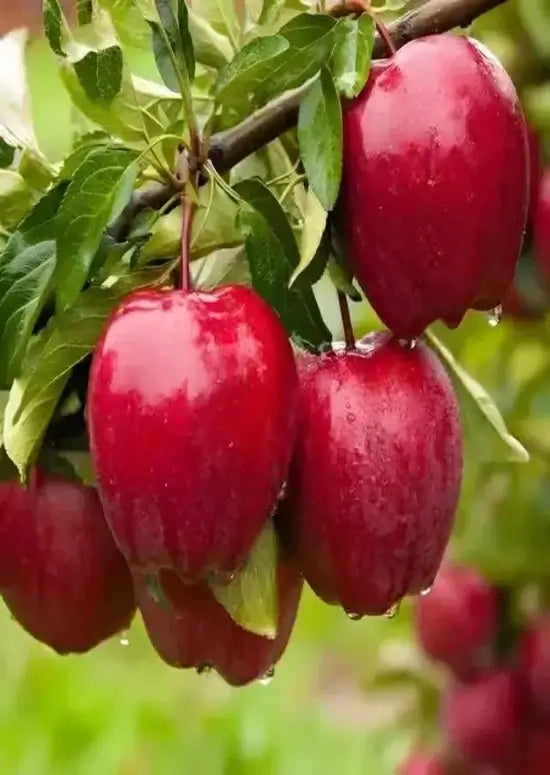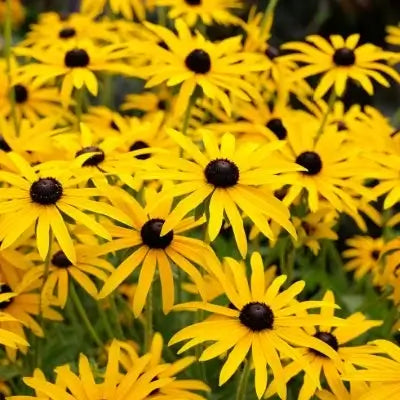What It Is
Forest gardening is a sustainable food production system based on ecosystems, forests, and woodlands.
It is a low-maintenance system in which trees, plants, and herbs grow together, so they necessarily take care of themselves.
As a human pursuit, forest gardening is a growing system focusing on herbs, fruit, nut trees, and perennial vegetables with sufficient yields that are immediately useful for human consumption.
Forest gardening uses a technique that involves planting different but complementary plant species close together to control pests while providing a safe harbor for beneficial wildlife. This system also aids in pollination, efficiently maximizes the use of space, and increases sustainable crop output.
History of Forest Gardening
Forest gardening is nothing new, though the term wasn’t coined until 1980. The concept dates back to a prehistoric person’s desire to create a suitable survival environment by using trees, plants, and vines that could be useful and protect these while riding the atmosphere of those plant species of no value. The purpose was to select sustainable plant life and work them into the garden food source while eliminating poor choices. Early men didn’t overthink the process. It was an instinct and a necessity for survival to eradicate undesirable plant life and promote the growth of those plants that produced immediate sustenance. Except for introducing modern mechanical tools, the process behind forest gardening hasn’t undergone significant change.
Basic Concept of Forest Gardening
In the 1980s, the pioneer of forest gardening developed a laser system based on the designs of nature. This 7-layer system forms the basis of forest farming practices today. The layers consist of a canopy of fruit trees that provide sustenance and offer the appropriate shade for crops grown beneath this protective coverage. Beneath this canopy are six more layers, including a lower layer of nut-bearing trees, a layer of fruit-bearing shrubs, a layer of herbs and perennial vegetables, a layer of root plants, and a layer of ground cover plants, and a vertical layer of vine plants. The structure of these layers produces an ecological balance in which all of the trees and plants within this system work symbiotically to ensure healthy mutual benefits. Once in place, this sustainable system requires little interference from man.
Some of the best crops for forest gardening systems include various fruits (black raspberry, blackberry, huckleberry), leeks, a variety of nuts, syrups, herbs, and medicinal plants like ginseng and black cohosh. These are just a few examples. Carrots, cabbage, and food plants that are hardy and can survive colder months can all be viable choices.
Source of Information on Forest Gardening
https://www.tnnursery.net




































































































